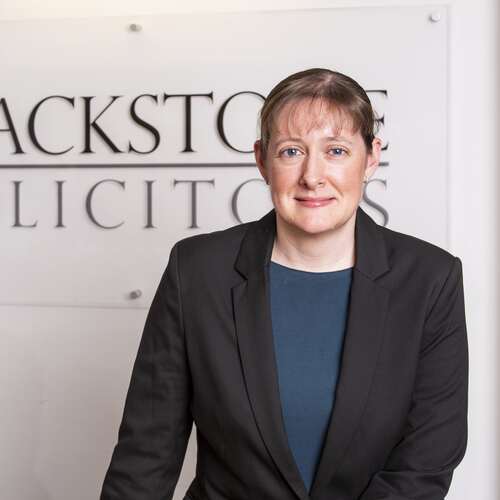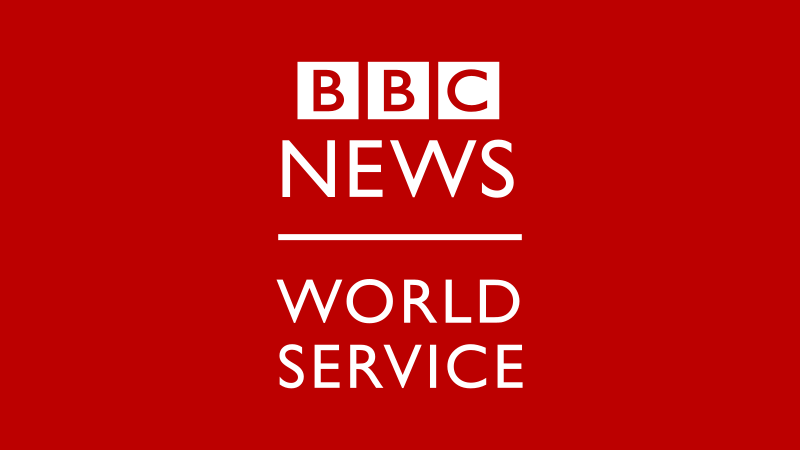Charitable Gifts And Trusts
At Blackstone Solicitors, we understand that charitable giving is an important aspect of wealth management for many individuals. Whether motivated by a desire to give back to the community, support a cause close to your heart, or achieve certain tax efficiencies, charitable gifts and trusts offer a structured and impactful way to contribute to society. In this article, we explore the various ways you can incorporate charitable giving into your financial planning, with a particular focus on the role of charitable trusts.
Contact us today and we can talk you through our services and how we can help you and your family. Simply call us on 0345 901 0445 or complete our online enquiry form and a member of the team will give you a call back as soon as possible.
At Blackstone, we always aim to provide the best service possible. Meticulous in our approach, we will make sure everything is dealt with as you wish and will keep you updated throughout the legal process, ensuring that you always know of any developments.
![]()
“I received very good service and advice, given to me on a week by week basis. I would strongly recommend Blackstone.”
– Paul 
Our Services
We can provide help with a wide range of matters relating to Succession Planning, including:
- Director Lasting Power Of Attorney
- Partnership agreements
- Shareholder Agreements
- Amends To Articles Of Association
- Making a Will
- Setting up Trusts
- Lifetime Giving
- Charitable gifts and trusts
- Protection from care home fees
- Setting up a Lasting Power of Attorney
- Setting up a Health and Welfare Lasting Power of Attorney
- Setting up a Property and Financial Lasting Power of Attorney
We have partners we work closely with that can advise upon:
- Tax Planning including advising on capital gains tax and income tax for individuals, businesses, landed estates, professionals, entrepreneurs and advice on matters including business relief, exemptions and retirement planning.
The Importance of Charitable Giving
Charitable giving allows individuals to make a lasting difference in the lives of others while potentially reducing their tax liabilities. In England and Wales, gifts to registered charities are exempt from inheritance tax (IHT), which is charged at 40% on estates exceeding the tax-free threshold of £325,000 (the nil-rate band). By including charitable gifts in your estate planning, you can not only support the causes that matter most to you but also decrease the IHT burden on your estate.
Charitable donations can take many forms, from one-off gifts of cash or assets to establishing a charitable trust that provides ongoing support to a charity or range of charities. Each approach offers different benefits and may be more suitable depending on your personal circumstances and philanthropic goals.
Types of Charitable Gifts
There are several ways to make charitable gifts, each with its own advantages. Understanding these options will help you choose the most effective way to achieve your philanthropic objectives.
- One-Off Donations
One-off donations are the simplest form of charitable giving. These can be made during your lifetime or as part of your will. Cash donations to registered charities are eligible for Gift Aid, which allows the charity to reclaim 25p for every £1 donated, increasing the value of your gift at no extra cost to you. Additionally, if you are a higher-rate taxpayer, you can claim tax relief on the difference between the higher rate of tax and the basic rate on your donation.
- Gifts of Assets
In addition to cash donations, you can also gift assets such as shares, property, or valuable items to a charity. Gifts of qualifying assets are exempt from capital gains tax (CGT) and IHT. This makes it a tax-efficient way to donate assets that have appreciated in value, as the charity will not have to pay CGT upon selling the asset, ensuring more of your gift goes towards supporting the charity’s work.
- Legacies in Your Will
Including a charitable legacy in your will is a popular way to support your favourite causes after your death. A legacy can take the form of a specific sum of money, a particular asset, or a share of your estate. Leaving at least 10% of your estate to charity can reduce the IHT rate on the remainder of your estate from 40% to 36%, providing a further incentive for philanthropic giving.
Charitable Trusts
For those looking to make a significant and lasting contribution to charity, establishing a charitable trust can be an ideal solution. A charitable trust is a legal arrangement in which assets are held and managed by trustees for charitable purposes. Unlike one-off donations, charitable trusts can provide ongoing support to your chosen causes, allowing you to make a sustained impact over time.
- How Charitable Trusts Work
When you establish a charitable trust, you transfer assets into the trust, which are then managed by the trustees according to the terms of the trust deed. The trust can be set up during your lifetime (a lifetime trust) or come into effect upon your death (a testamentary trust). The trustees are responsible for ensuring that the trust’s assets are used in line with its charitable objectives.
The income generated by the trust’s assets can be distributed to charities, or the trust can make direct donations to charitable projects. Because the trust itself is a charity, it benefits from various tax exemptions, including exemptions from IHT, CGT, and income tax. This makes charitable trusts a tax-efficient vehicle for long-term charitable giving.
- Types of Charitable Trusts
There are several types of charitable trusts that can be established, depending on your objectives:
- Charitable Remainder Trusts: These trusts allow you to donate assets to the trust while retaining the right to receive income from the trust for a specified period. After this period, or upon your death, the remaining assets are transferred to the designated charity.
- Charitable Lead Trusts: In this arrangement, the charity receives the income generated by the trust for a specified period. After this period ends, the remaining assets are returned to the settlor or other beneficiaries. This can be an effective way to reduce IHT while providing immediate support to a charity.
- Donor-Advised Funds: While not strictly a trust, a donor-advised fund (DAF) operates similarly. You make an irrevocable donation to the DAF, which then distributes the funds to charities over time based on your recommendations. DAFs offer flexibility in charitable giving without the administrative responsibilities of managing a trust.
- . Advantages of Charitable Trusts
- Control and Flexibility: Charitable trusts offer greater control over how your assets are used and distributed. You can specify the charities you wish to support, how much they receive, and under what conditions.
- Legacy: Establishing a charitable trust allows you to create a lasting legacy that reflects your values and commitments. Your trust can continue to support charitable causes long after your lifetime.
- Tax Efficiency: Charitable trusts benefit from several tax exemptions, making them an effective way to manage your tax liabilities while supporting good causes.
Our Approach
We are 100% committed to ensuring each and every one of our clients receives the highest quality service and we will go the extra mile to ensure that you are happy with the results gained. We understand it can be particularly difficult to deal with matters relating to death and inheritance, and this is why our friendly and approachable team always take a sympathetic and understanding approach, ensuring that you receive the support you need.
We believe communication is of the utmost importance. We will therefore keep you updated as things develop and our solicitors will provide practical, straightforward legal advice so that you can be confident everything is progressing as you would like.
Get in Touch
Contact us today to discuss any matter relating to Succession Planning. We can talk about your situation in depth and get to the bottom of what you need and how we can help. We are here to answer any questions which you have, and we aim to make everything as simple for you as possible.
Our team is approachable, professional and vastly experienced. We will do everything in our power to help you get the outcome you need. Call us on 0345 901 0445 or, if you would prefer us to contact you, leave your details via our online enquiry form.
We offer our services to clients in Manchester, Chester, Cheshire and throughout the rest of the UK. We also have an office in London.














